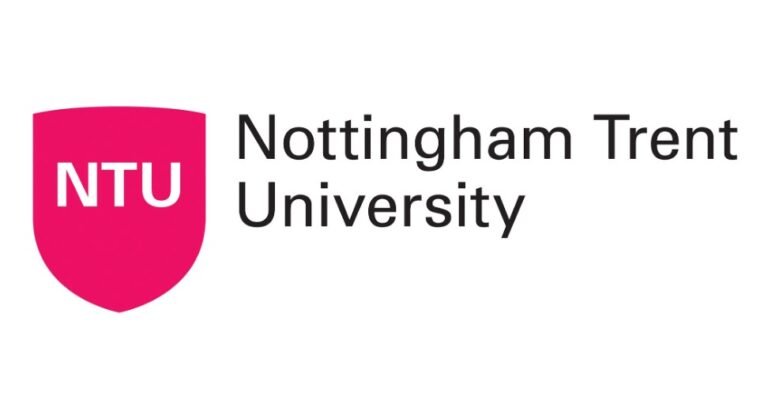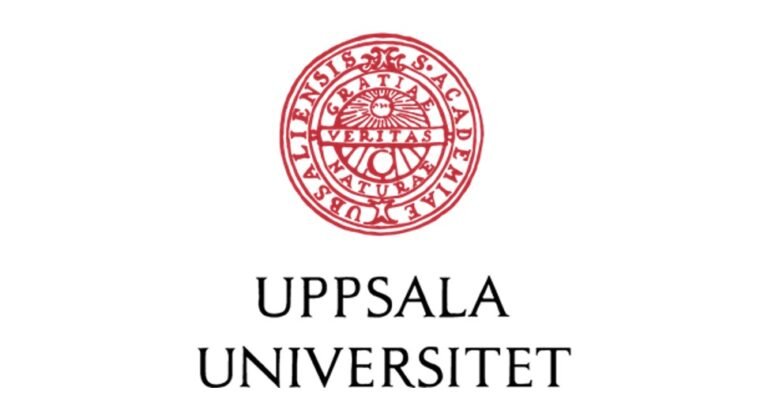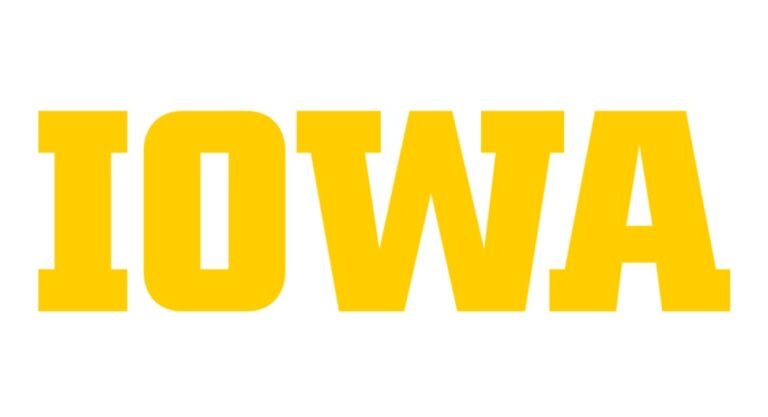Overview
The proposed project will investigate the intersections between illustration and performance across media, including, but not limited to: animation, film, installations, magic, mime, music, puppetry, sculpture, spoken word, street art. Illustration is understood in this project as a discipline (both practice and theory) that centres on context-specific visual communication and engagement. Performance is understood as having elements of live, audience-specific delivery. As a field that is frequently described as ‘interdisciplinary’, illustration makes a virtue of its cross-media adaptability. It is therefore uniquely well placed to address today’s proliferating and interactive/performative multi-media landscape, with its overwhelming emphasis on the visual.
At the heart of the project lies narrative illustration, understood broadly as the exploitation of contiguous sequential images to communicate fictional or fact-based stories, and commonly represented through the mediums of picturebooks, comics, and graphic literature. This project has two aims. The first is to explore and articulate a history of narrative illustration as it intersects with at least TWO of the above-named fields and in at least TWO global cultures. For example, a candidate may propose investigating the history of live illustration in in carnival, fairground, magic, theatrical or urban street art settings.
The second aim of the project is to interrogate the role narrative illustration in performance may play in developing our aesthetic, political and ethical understanding of visual storytelling at this critical juncture in our multi-media landscape, and to harness narrative illustration techniques in the development of this understanding. Questions to explore may include: authenticity through performance; historical understanding of performative narrative illustration; enhancing visual storytelling literacy through performance; engagement; the construction of the spectator/ audience in illustration performance; audience participation / interactivity in illustration performance; print culture and performativity; ethics and visual storytelling through performance; the politics of illustration performance.
Despite the long historical roots of illustration practice, illustration as a discipline is emerging and is currently in the process of being articulated. This project will make a valuable contribution on several fronts, including enhancing our historical understanding of illustration’s global practices, and building deep historical knowledge and understanding of illustration as a form of performance. It will also offer a theoretical and/or practical demonstration of the ethical and aesthetic principles of highly engaged, performance based visual storytelling, which may impact future directions taken in the field of interactive multimedia visual communication.
The project may be conducted as a 50% practice/50% theory PhD, or as a 100% theoretical PhD.
The successful applicant will be supervised by Dr Carol Adlam, Associate Professor in Illustration, and Dr Sarah McConnell, Senior Lecturer in Illustration and MA Illustration Course Leader. Enquiries may be directed to carol.adlam@ntu.ac.uk or sarah.mcconnell@ntu.ac.uk.
The successful applicant will join one of the country’s leading art and design schools which has been influencing, inspiring, and innovating for over 175 years. The school has a vibrant, forward-looking and expanding research community where collaboration and interdisciplinarity are embraced and encouraged. PhD candidates would have access to a number of highly relevant research groups mainly, though not exclusively, based within the Artistic Research Centre and the Design Research Centre. As UNESCO City of Literature, Nottingham is a vibrant and exciting city considered to be one of the leading centres of the Creative Industries in the UK.
As part of the application process, applicants are asked to produce an original 2,000-word research proposal which outlines their research project. Under clear headings or subheadings, the research proposal needs to contain the following information: provisional title, the topic or area to be investigated, the problem or hypothesis to be tested, the methods and techniques to be used in the research, a provisional timetable for the project indicating anticipated activities, the relationship of the proposed research to the published literature and to current research in the field, an indication of the contribution to knowledge that the thesis is anticipated to make, details of previous work in the proposed field, and a bibliography of sources already consulted or identified as of relevance to your proposal. Further guidelines on how to apply can be found from Nottingham Trent University’s Doctoral School: https://www.ntu.ac.uk/research/research-degrees-at-ntu/how-to-apply
Prospective applicants should note that this is a self-funded PhD opportunity. Applicants are very much encouraged to apply for external funding.
References
Foá, Maryclare, et al. (2020). Performance Drawing: new practices since 1945 (Bloomsbury).
Foá, Maryclare (2020). ‘Narrative traces through being and places: Drawing, Performance Drawing and Painting.’ Drawing: Research, Theory, Practice, 5.1: 85-98.
Gannon, Rachel, and Mireille Faunchon (2021). Illustration Research Methods (Bloomsbury).
Georgi, Claudia (2014). Liveness on Stage: Intermedial Challenges in Contemporary British Theatre and Performance (de Gruyter)
Rai, Shirin et al. (2021). The Oxford Handbook of Politics and Performance (Oxford University Press)
Rein, Katharina (2023). Techniques of Illusion (Taylor and Francis, 2023)
Stewart, Nick (1995). Neither Time nor Material: Performance, Installation, Drawing, Video, 1982-1995 (Orchard Gallery)
Van Sommers, Peter (1984). Drawing and Cognition: Descriptive and Experimental Studies of Graphic Production Processes (Cambridge University Press).
Entry qualifications
Entrants must have a Bachelors and a Masters Degree in a subject area relevant to the PhD research.
How to apply
Applications for this PhD are accepted all year round. Please visit our how to apply page for a step-by-step guide and make an application.
Fees and funding
This opportunity is for self-funded PhD students. Applicants are encouraged to apply for external funding and we will support this process if and when required.
Find out about fees and funding for PhD projects.
Guidance and support
Find out about guidance and support for PhD students.





